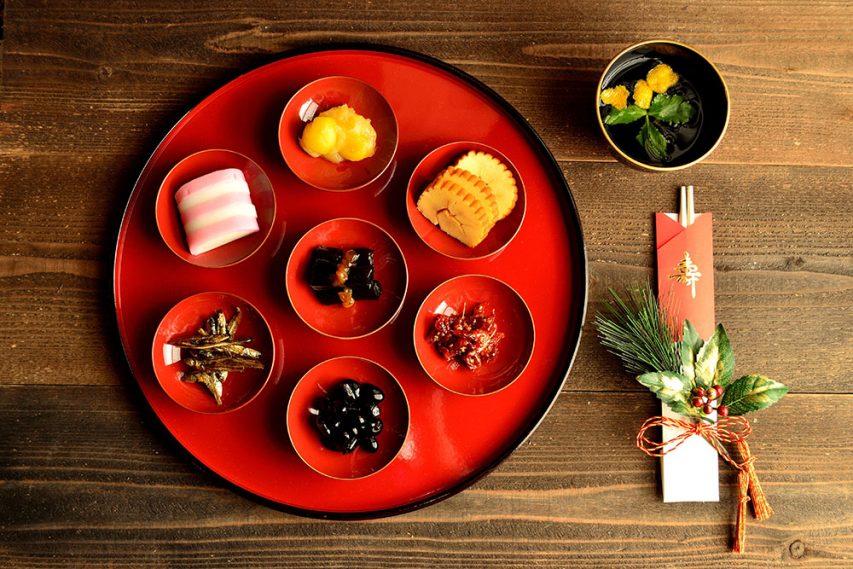
Would you like to enjoy local Japanese Food? There is a whole lot more than just sushi. Japan is very proud of its four very distinctive seasons and each season marks the beginning of more delicious offerings. Eating out in Japan is as much about the experience as the food.
Food Allergy
Japan has a diverse food culture that enjoys experimenting with a variety of ingredients with a strong emphasis on soy, wheat, fish, and shellfish. Unfortunately, it just so happens that these four ingredients are included in the group of eight foods that account for 90 percent of all food-allergic reactions. If you suffer from allergic reactions to any of the food items be extra careful and ask before eating, or completely ignore the item altogether if there are any concerns or hesitations. Just contact us, we will help you quickly.
Kids Menu
When traveling with children, food is always a stress factor. What can my kids eat? Will my kids be willing to try new things? Will I have to eat at McDonald’s everyday? Just contact us, when you have any concerns. There are many kids friendly restaurants in Japan. Your toddler would be able to experience the country with a happy belly.
Vegetarian Menu:
There are various types of vegetarians, depending on their faith and principles. It’s really hard to think of a meal, depending on the type of each. Please contact us immediately if you have any problems with arranging meals for employees from overseas.
Type of Vegetarian
- Non Meat Eater: People who don’t eat only the meat of animals.
- Semi-Vegetarian (flexible): People who eat less meat than people in general.
- Ovo Vegetarian: A person who eats eggs without eating meat, fish or honey.
- Lacto-obo vegetarian: People who do not eat meat and fish but eat eggs and dairy products.
- Pesco Vegetarian (Pestarian, Pesquitarian): It does not consume industrial products and is organic-oriented. People who don’t eat meat, eggs and dairy products.
- Poyau Vegetarian: People who eat meat only, and no other restrictions.
- White Vegetarian (White Meat Eater): People who avoid red meat and eat white meat.
- Oriental & Vegetarian: People who don’t eat anything of animals.
- Vegan: People who don’t eat meat, fish, eggs or dairy products. People who do not take anything of animal nature and take honey.
- Daily vegan: Like vegan, it’s a vegetarian but people who use it other than food. People who use animal skin products such as clothes and wallets.
- Ethical vegan: Those who practice the idea of respecting animal life.
- Low vegan (living food vegan): Based on the idea that the enzyme is good for health, eat food without cooking or cooking below 46 ° C (low food) without breaking the enzyme
- Whole food /vegetarian (gluten-free vegan); People who recommend non-refined botanical foods that are rich in nutrients, such as whole wheat flour without flour. People who don’t eat meat, fish, eggs or dairy products.
- Macro biotech: A diet method based on the concept of achieving a healthy lifestyle in harmony with nature by eating a traditional Japanese diet based on grains, vegetables, and seaweed.
- Fruitarian: People who eat only fruit and nuts. It comes from the idea that plant life is also important.
- Liquidian: One of the fasting methods, people who eat only liquid without taking solid matter.
- Bressarian (Planatarian): People who do not eat at all. It is said to be alive by absorbing only energy from light and water.
Grocery Shopping
Have you ever had trouble communicating with local staff at shop or searching online in Japanese? There are so much cool stuff in Japan but not many of the staff at the shop speak English and you don’t know how to ask for things in Japanese. Just call us from the site or text us for what you need, we will assist you to communicate with local staff and make arrangements for you.
You often shop at local supermarkets. But unfortunately, the food labels are not in English. Seafood labels are especially difficult to understand and select for your particular dish. You may wonder how to figure out which one is “for raw” and “for grill” on seafood packaging in Japanese supermarkets. If you are a foreigner in Japan and have food allergies, definitely need to read Japanese food labels and what to do if you have an allergic reaction. Send us a photo copy of food labels, we will assist you quickly.
Online Supermarkets
Online supermarkets are also available in a lot of areas in Japan, but most of the low-priced stores still handle pages in Japanese only. We can help with translations and provide assistance in choosing the best store based on your needs.
You may also find what you are looking for in below stores:
COSTCO JapanIKEANATIONAL AzabuNissin World DelicatessenKALDI Coffee FarmSeijo IshiiAoyama Book CenterMick Lay Motors





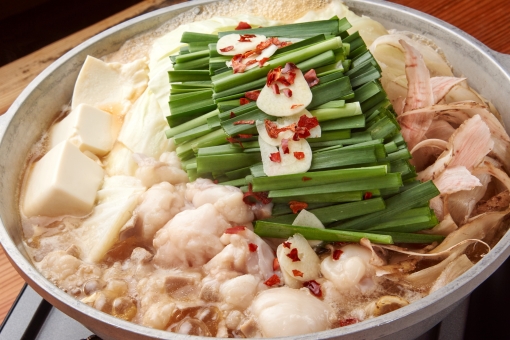

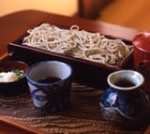
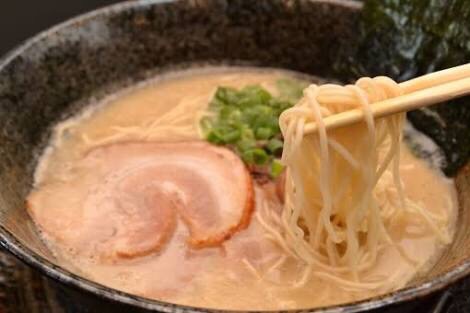
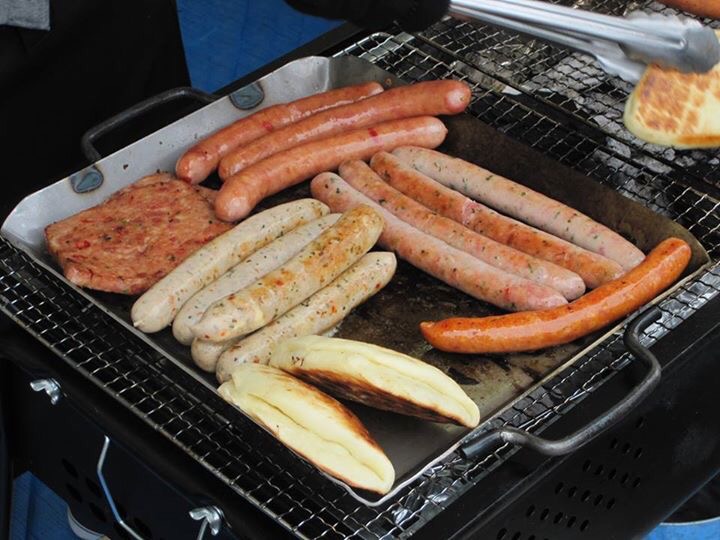
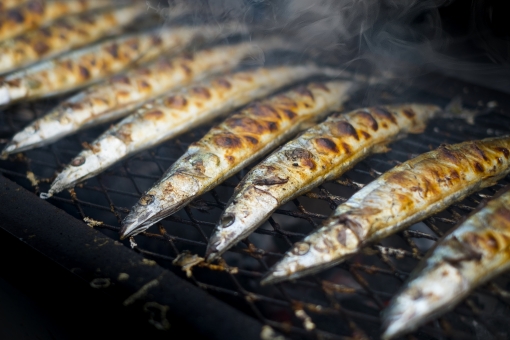
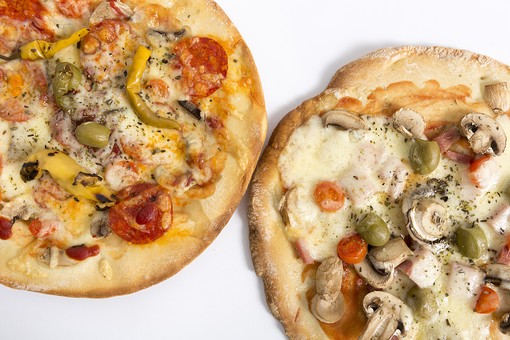


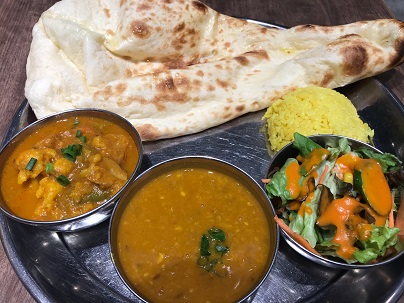
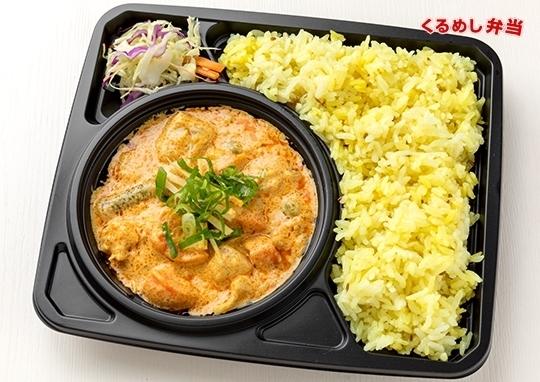

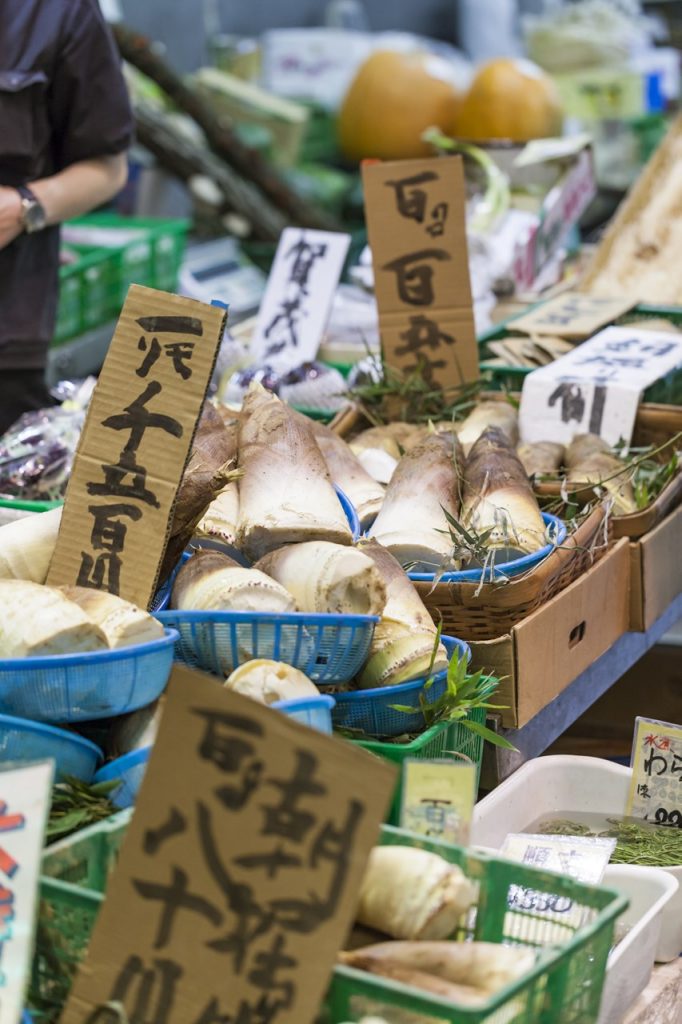
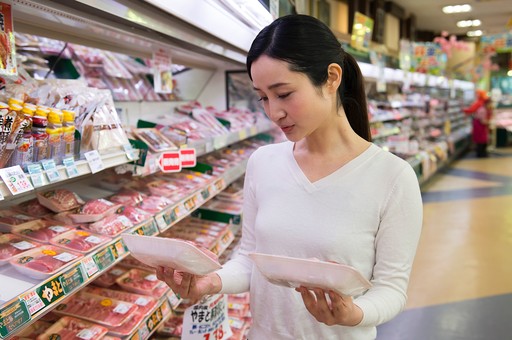
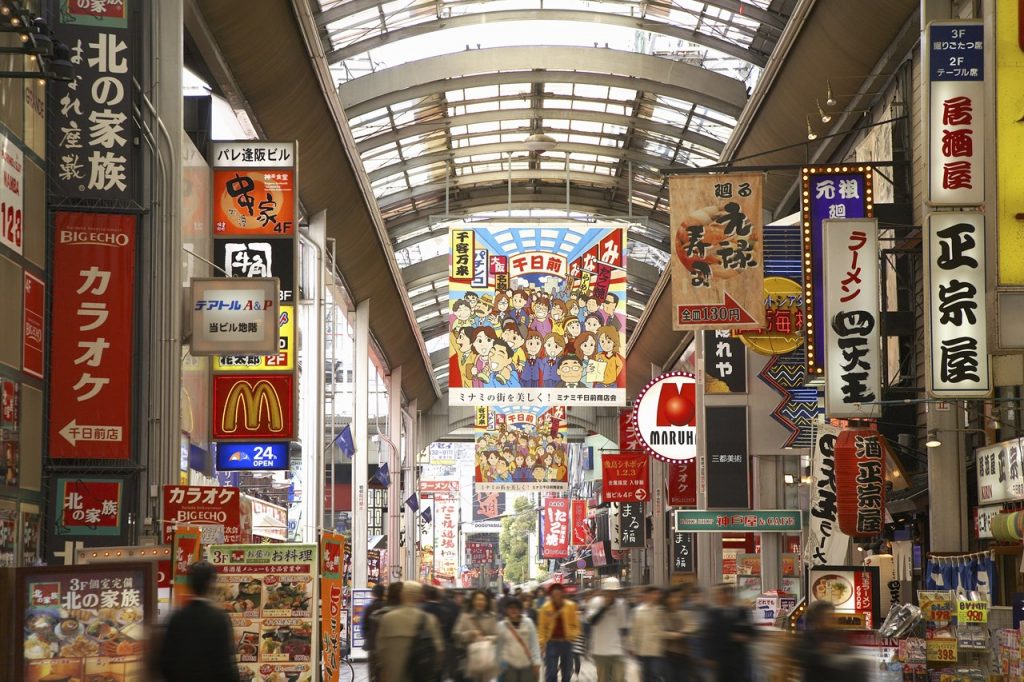
 Phone
Phone
There is no review yet.